Rising Health Awareness
The increasing awareness of health and wellness among consumers is a pivotal driver for the nutrigenomics market. As individuals become more informed about the impact of nutrition on health, they are seeking personalized dietary solutions that align with their genetic profiles. This trend is reflected in the growing demand for nutrigenomic testing services, which are projected to reach a market value of approximately $1.5 billion by 2026 in the US. Consumers are increasingly interested in understanding how their unique genetic makeup influences their nutritional needs, leading to a surge in the development of tailored dietary products. Consequently, companies in the nutrigenomics market are focusing on innovative solutions that cater to this demand, thereby enhancing their market presence and driving growth.
Regulatory Support for Nutrigenomics
Regulatory support for nutrigenomics is emerging as a crucial driver for the market. As the understanding of the relationship between genetics and nutrition evolves, regulatory bodies are beginning to establish guidelines that facilitate the safe and effective use of nutrigenomic products. This regulatory framework is essential for building consumer trust and ensuring the quality of nutrigenomic services. In the US, the Food and Drug Administration (FDA) has been actively working on policies that promote the responsible use of genetic testing in nutrition. Such regulatory developments are likely to enhance the credibility of the nutrigenomics market, encouraging more consumers to engage with personalized nutrition solutions.
Technological Advancements in Genomics
Technological advancements in genomics are significantly influencing the nutrigenomics market. Innovations such as next-generation sequencing (NGS) and bioinformatics tools have made genetic testing more accessible and affordable. These technologies enable the analysis of complex genetic data, allowing for the development of personalized nutrition plans based on individual genetic profiles. The market for genetic testing in the US is expected to grow at a CAGR of over 10% through 2027, indicating a robust interest in personalized health solutions. As these technologies continue to evolve, they are likely to enhance the accuracy and efficiency of nutrigenomic services, thereby attracting more consumers to the nutrigenomics market.
Growing Demand for Preventive Healthcare
The shift towards preventive healthcare is a significant driver for the nutrigenomics market. Consumers are increasingly prioritizing health maintenance over disease treatment, leading to a heightened interest in personalized nutrition as a preventive measure. This trend is supported by a growing body of research linking nutrition to chronic disease prevention. The nutrigenomics market is poised to benefit from this shift, as individuals seek tailored dietary recommendations that can help mitigate health risks. The preventive healthcare market in the US is projected to reach $4 trillion by 2025, suggesting a substantial opportunity for nutrigenomics companies to position their offerings as essential components of preventive health strategies.
Increased Investment in Research and Development
Investment in research and development (R&D) within the nutrigenomics market is on the rise, driven by the need for innovative solutions that address consumer demands. Companies are allocating significant resources to explore the relationship between genetics and nutrition, leading to the development of new products and services. This trend is evidenced by the increasing number of partnerships between academic institutions and nutrigenomics firms, aimed at advancing research in this field. The US nutrigenomics market is expected to witness a compound annual growth rate (CAGR) of around 8% from 2025 to 2030, indicating a robust investment climate that supports innovation and growth in the sector.


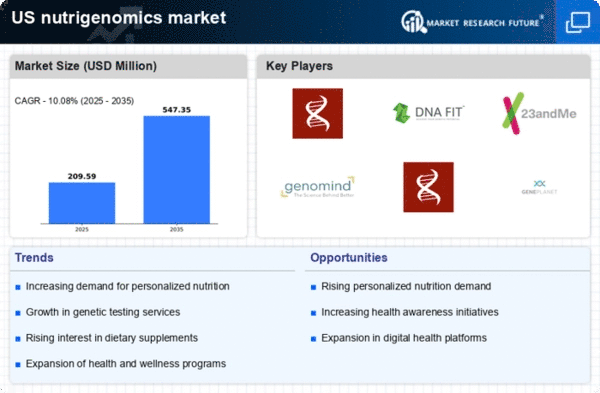
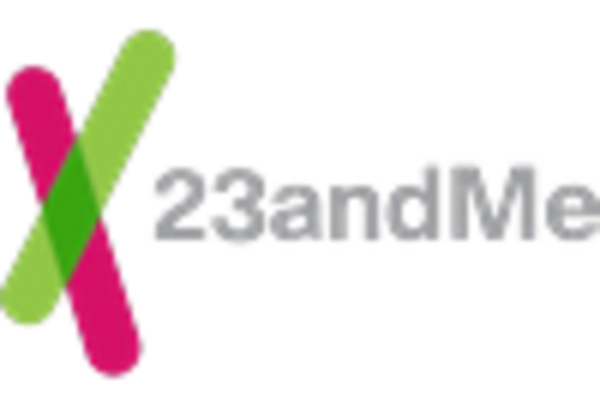
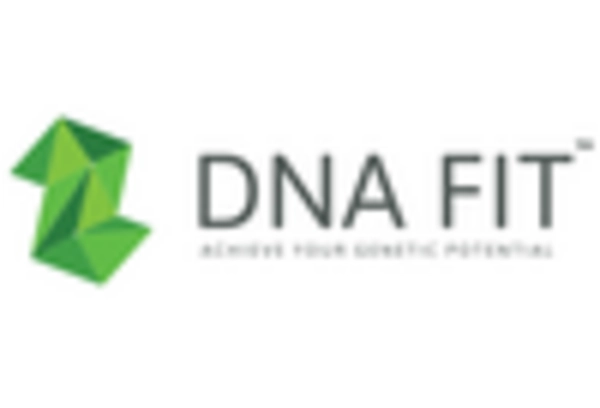
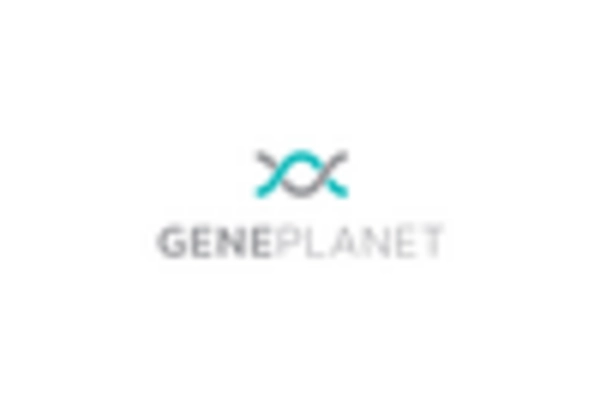
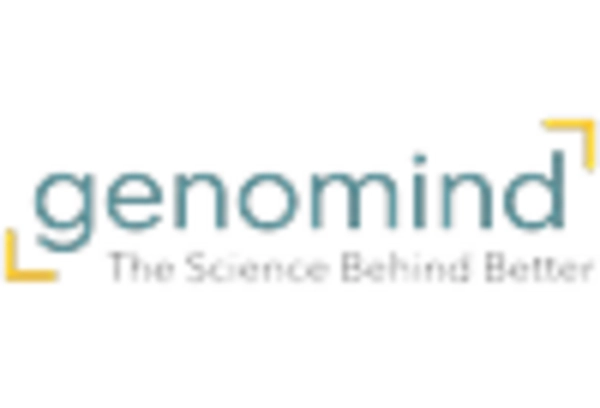
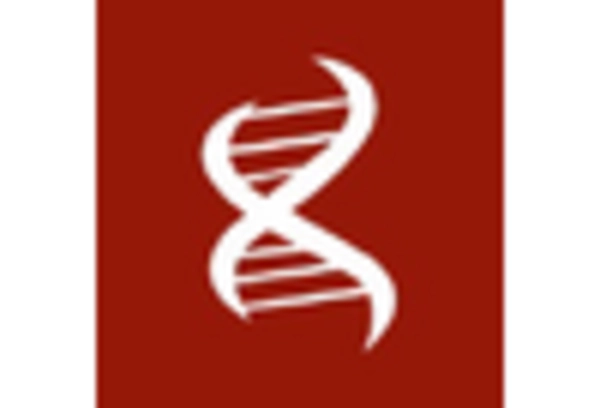
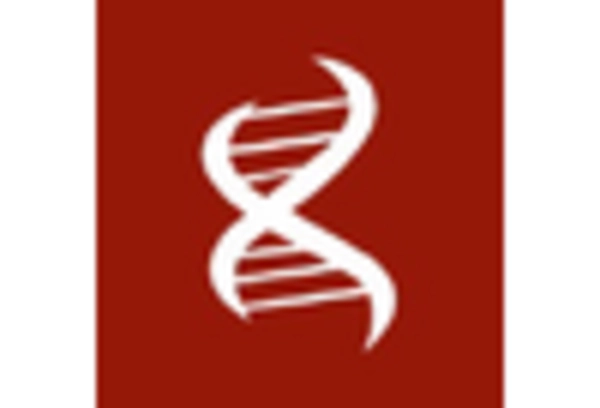








Leave a Comment